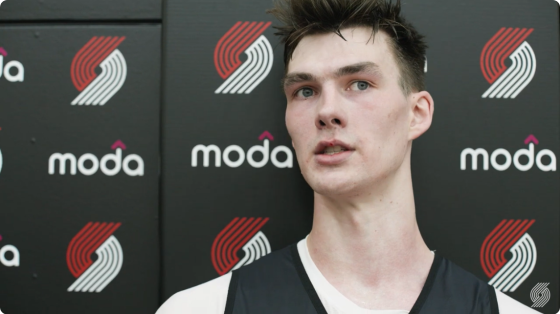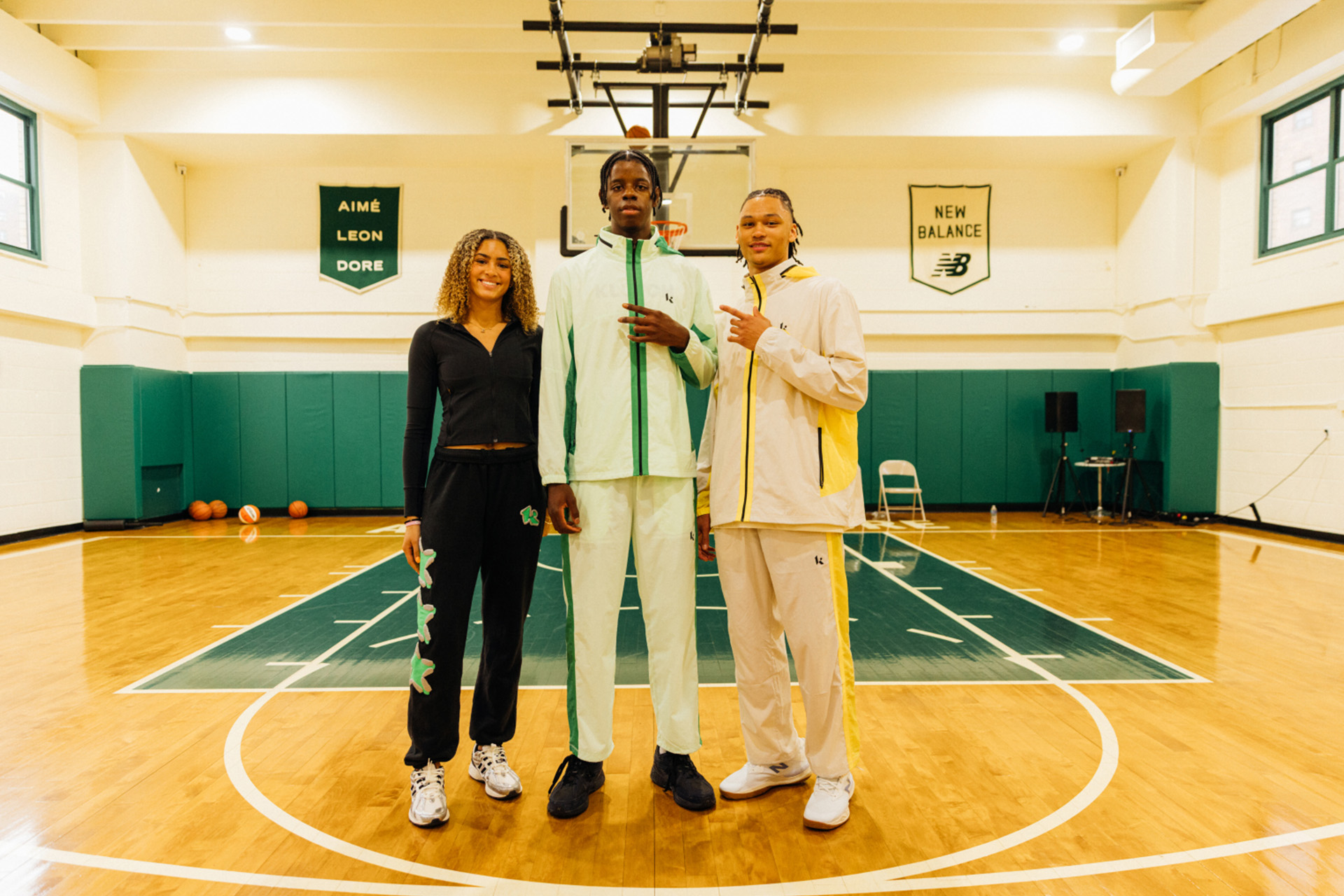Kevin Durant is the closest thing in the NBA to a basketball robot, and the best way to make a robot short circuit is by forcing it to operate outside its usual programming and pouring water on it until it blows up.
Durant, one of the greatest scorers in NBA history, has looked average at best as the Celtics have jumped out to a commanding 3-0 lead over the Nets in the first round of the playoffs. He’s averaging 22 points and 5.3 rebounds per game while shooting 36.5 percent from the floor and turning the ball over a whopping 5.7 times per game against the league’s best defense.
He’s played over 40 minutes in each game and finished a team-low minus-13 in Game 1, a team-low minus-10 in Game 2, and minus-2 in Game 3. Durant said he feels as though he’s been overthinking throughout the series.
“I try to figure out how I can be the best version of myself and also not getting in my teammates’ way,” Durant said. “Sometimes, I think too much about it. Sometimes, I need to go out there and just [have] no thoughts.”
The Celtics, who have bothered Durant with their length, physicality and ability to switch just about everything, believe they have something to do with Durant’s struggles. Yes, he’s missing shots he’s capable of making, but there’s a reason why.
“If he’s second-guessing himself,” Marcus Smart said, “then we’re doing our job.”
Jayson Tatum, in particular, has been spectacular guarding Durant, holding him to 2-of-15 percent shooting (13.3 percent) while blocking two of his shots. When Tatum is on him, Durant has 10 points and 10 turnovers – a stat that encapsulates just how one-sided the matchup has been. Tatum has the rare combination of length and strength to bother Durant, and his foot speed and intelligence are also to his advantage.
Tatum has spent over 27 minutes guarding Durant and has only let him get two buckets. Think about that for a second. As Tatum tries to vault past Durant on the NBA superstar hierarchy – which Paul Pierce believes is currently happening – his exceptional defense on Durant has been impossible to ignore. Even when Durant was in his prime, he was never one of the league’s best defenders. Tatum is quickly ascending into that echelon.
He hasn’t done it alone, though. Durant is shooting 33.3 percent with Grant Williams as the primary defender, 33.3 percent versus Daniel Theis and 40 percent with Jaylen Brown on him. Most of all, it’s been the Celtics’ entire team defense that has made Durant look indecisive and uncomfortable with the ball in his hands.
“I don’t think you can give him or any of the top scorers or stars in this league the same look,” Celtics coach Ime Udoka said. “They adapt and adjust quickly, and seen all the things, so the big piece of it was different matchups, different coverages and just keeping him off-balance and keeping him guessing.”
Look at this play, in Game 1, for instance. As ESPN announcer Mike Breen notes, Williams does a good job fronting Durant. He makes him exert extra effort to even catch the ball, let alone make a move. Once Durant gets it, he makes a quick move to the middle and Williams recognizes that his best bet is to trust the scouting report and get his hand in immediately to poke the ball free.
If Durant rises into his shooting motion, it’s often game over, so the much-shorter Williams made the savvy play by never letting that happen. The Celtics did this several times in the first two games, and Durant never adjusted. Live ball turnovers have been a major problem for the Nets all series, and Durant has been the main culprit.
An even better way to get him out of his element is to not even let him get a shot off. Here, when Al Horford and Tatum double him, Durant gets flustered and coughs it up right away. It’s hard to believe how many times plays like this have happened, and the Celtics deserve a great deal of credit for getting in his face and discombobulating him.
In Game 2, Tatum shadows Durant every step of the way, stays on his feet and then contests the shot as well as possible. While it’s human nature to go for his shot fake, it’s wiser to stay put and simply contest the shot. It’s a jumper Durant can make, but one he’s missing because he has to work so hard all night and because Tatum is right in his grill.
This one in Game 3 is remarkably uncharacteristic as well. Durant expects Kyrie Irving to roll to the rim, but instead, he’s surprised when Irving stays put and ends up throwing it to no one in particular. Plays like this are partially on Durant, but the Celtics deserve a ton of credit for making his life miserable, speeding him up, and forcing him into these poor decisions.
This series doesn’t damage Durant’s legacy at all, and it’s important to compartmentalize what’s happening. He’s built up NBA Hall of Fame immunity and immortality over years of brilliance. It does, however, signal that it might be the beginning of the end of a magical career.
The Celtics appear to have figured out the formula for slowing him down. It’s not one that many teams can replicate, but it’s one Boston has mastered.
If the Celtics keep Durant in check for one more game, and annoy him as much as they have to this point, they may be destined for a sweep.






